China fears spark grant knockbacks
Australian scientists denied research grants as federal government cracks down on projects that could advantage to foreign adversaries.
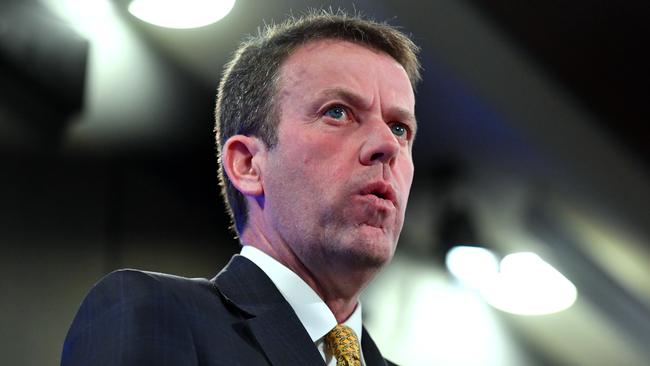
Top scientists at Australian universities have been denied lucrative taxpayer-funded research grants on national security grounds, as the federal government cracks down on projects that could hand military or economic advantage to foreign adversaries.
The Australian can reveal that, in the first decision of its kind, five applicants for Australian Research Council grants were blocked from receiving funding of up to $500,000 a year on the orders of former education minister Dan Tehan.
Mr Tehan refused approval last December after national security agencies subjected 18 ARC grant applications to additional checks. The move followed a storm of criticism over the close links of dozens of Australian scientists to Chinese Communist Party talent programs, which aim to transfer foreign technologies to China, particularly those with military applications.
One of the rejected grant applications would have funded advanced wireless communications research with applications in “internet of things” devices, radar and satellite systems, and wireless power transmission. Another would have focused on nanotechnology advances with applications in miniaturised optical systems, including wearables, autonomous vehicles, and robots.
Proposed research projects on hi-tech lasers, next-generation electricity networks, and cutting-edge fuel cell technology were also rejected.
Mr Tehan approved 664 ARC grants in the same funding round, including 13 of those subjected to additional scrutiny by security agencies.
His successor in the education portfolio, Alan Tudge, said international scientific collaboration was vital for Australia, “but we won’t compromise on our national security under any circumstances”. Mr Tudge and the ARC declined to identify the scientists whose applications had been rejected, but they are believed to include members of the CCP’s Thousand Talents Program, and at least one with links to a top Chinese military university.
The decision follows reports in The Australian last August that revealed dozens of leading scientists at major universities across the country had been recruited to the Thousand Talents Plan, prompting an inquiry by the parliament’s powerful intelligence and security committee.
The committee’s chairman, Liberal senator James Paterson, said growing security risks in the research sector needed to be closely scrutinised.
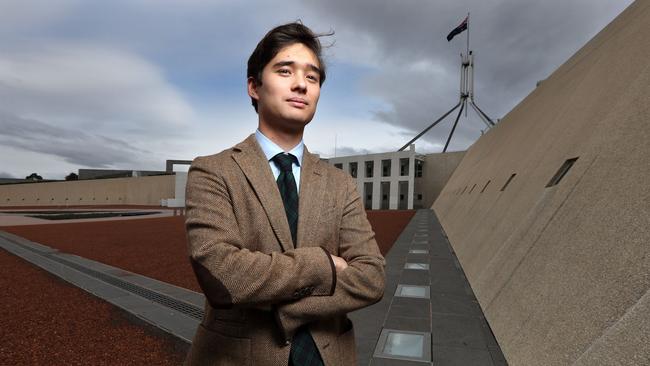
“These actions demonstrate why a parliamentary inquiry into foreign interference in higher education is timely,” Senator Paterson said. “We are operating in a very different environment than we were a few years ago. It is vital that we take the necessary steps to ensure taxpayer funded research serves our national interests.
“This is a shared responsibility between government and the higher education sector and the inquiry will examine how this co-operation can be strengthened.”
Alex Joske, a former analyst at the Australian Strategic Policy Institute, told the inquiry that his research suggested CCP talent recruitment activity could be associated with as much as $280m in grant fraud over the past two decades.
Mr Joske said he had identified 325 members of CCP talent programs in Australian research institutions, including in all leading universities and the CSIRO. He said at least 59 researchers who received highly competitive ARC fellowships “appear to have concurrently worked in China”, including some who managed companies or laboratories working on related technologies. “Talent-recruitment work broadly seeks to bring valuable expertise, resources and technology to China,” his submission said. “This includes technology with both commercial, civilian and military value.”

Mr Joske said the government, research institutions and funding agencies needed to understand the extent of foreign talent recruitment activity, and commission independent audits into program participants.
Universities have resisted new constraints on their ability to work with foreign counterparts. Universities Australia told the inquiry that new regulatory measures should be proportionate to the risk, and not constrain the ability of institutions “to engage, and to collaborate with our international partners”.
ASPI senior analyst, Malcolm Davis, said that under President Xi Jinping, China was actively seeking to “harness civil technologies to directly support the modernisation of the People’s Liberation Army”.
ASIO warned universities and research institutions last year about the risk of Chinese foreign interference and the potential for scientific collaboration to turn into espionage. The agency briefed institutions on warning signs that academics had been recruited by the Chinese government. The ARC said grant applicants were required to disclose personal and professional interests “to ensure the transparency of research collaborations and relationships”.


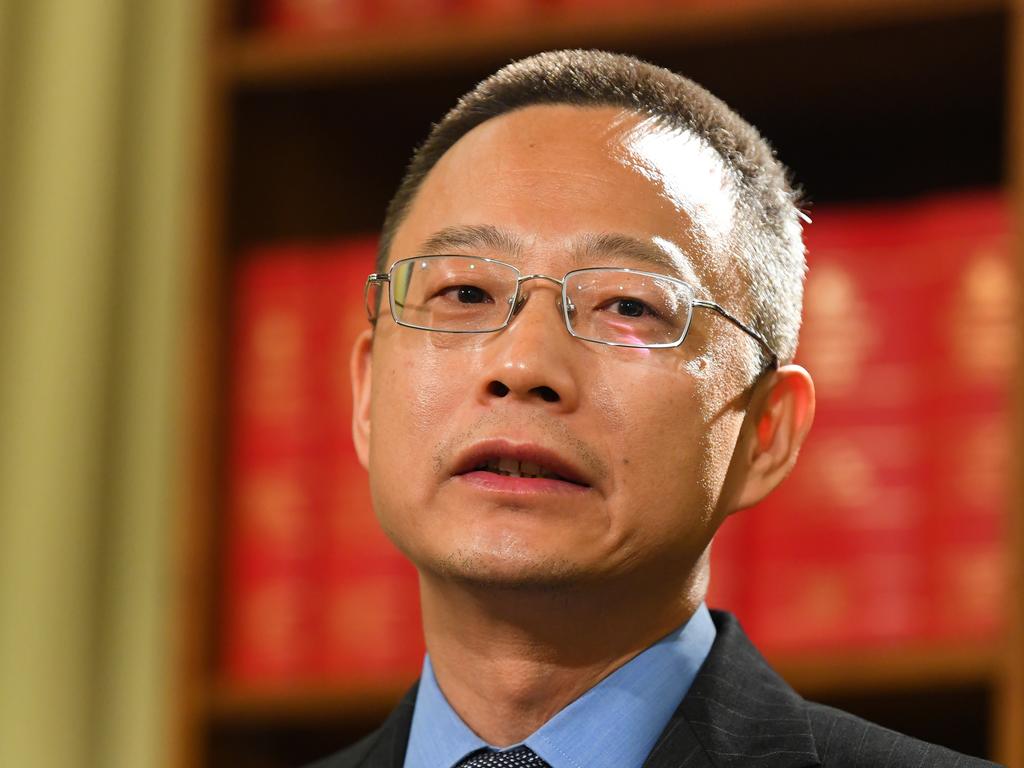
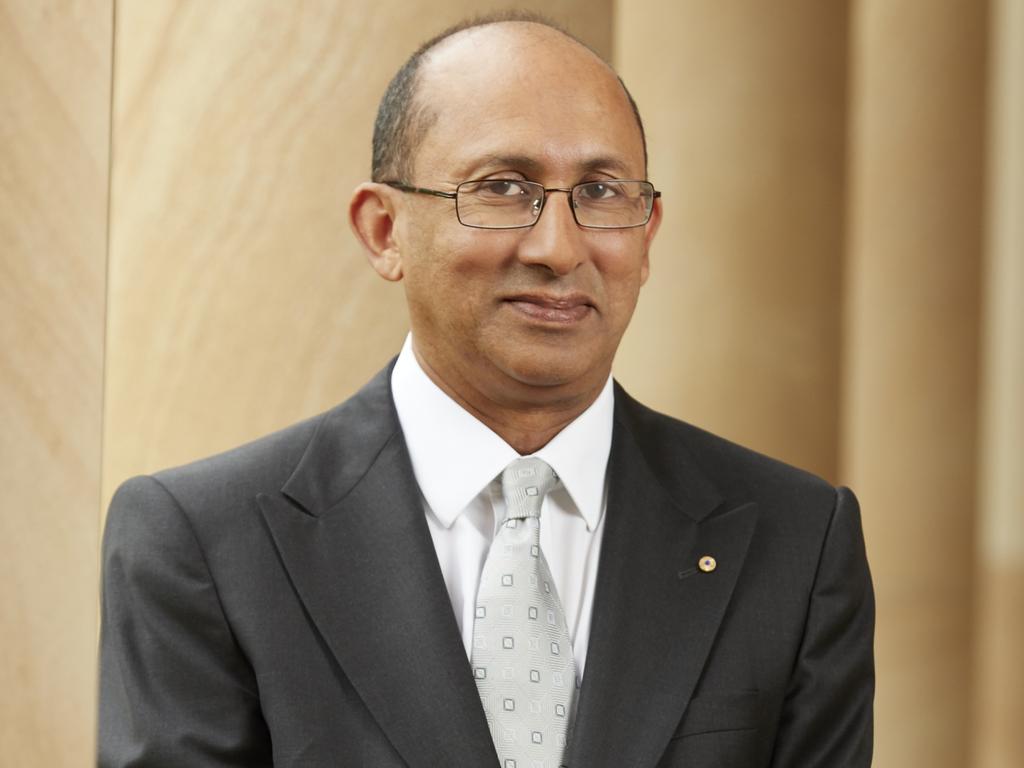
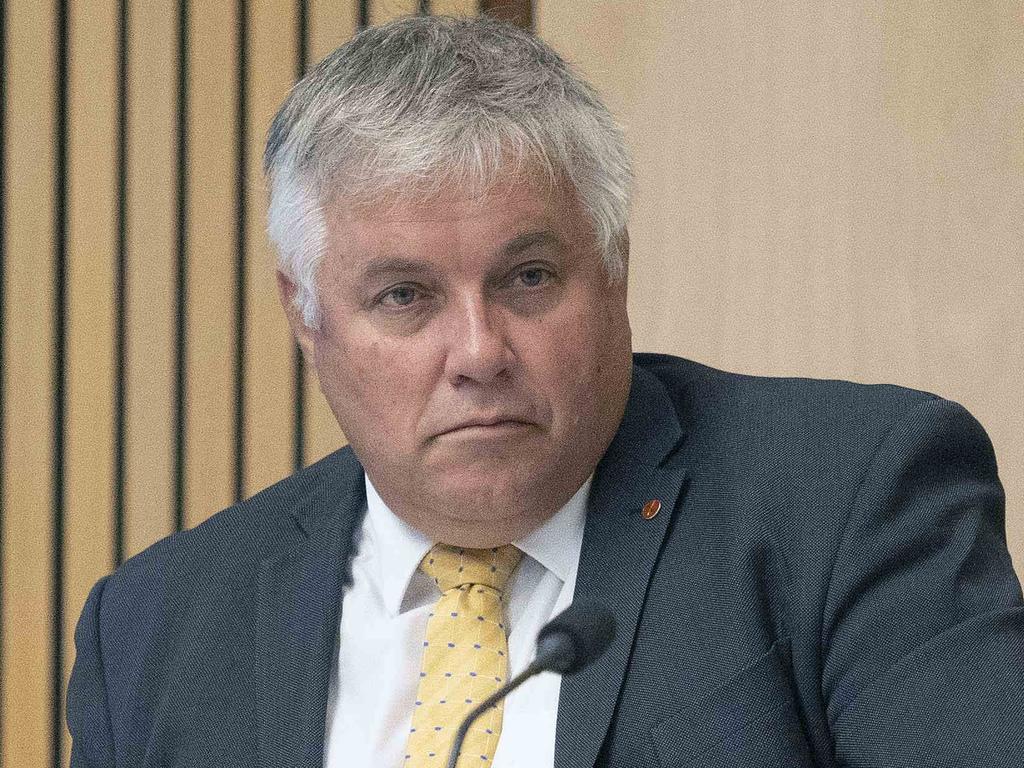
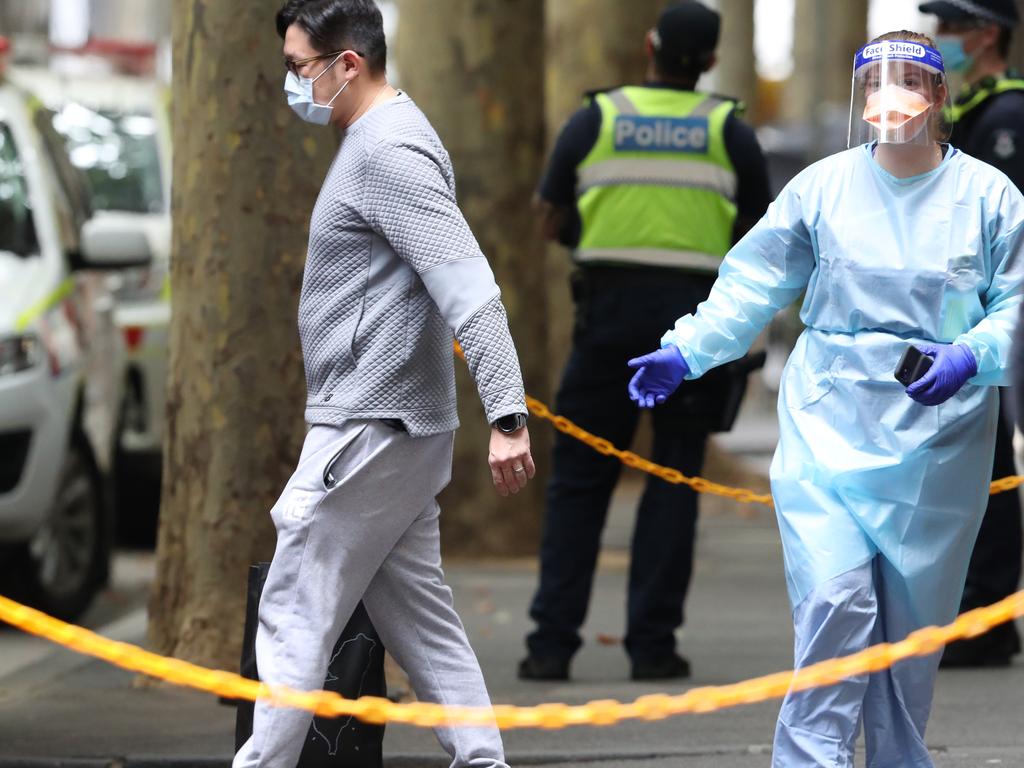

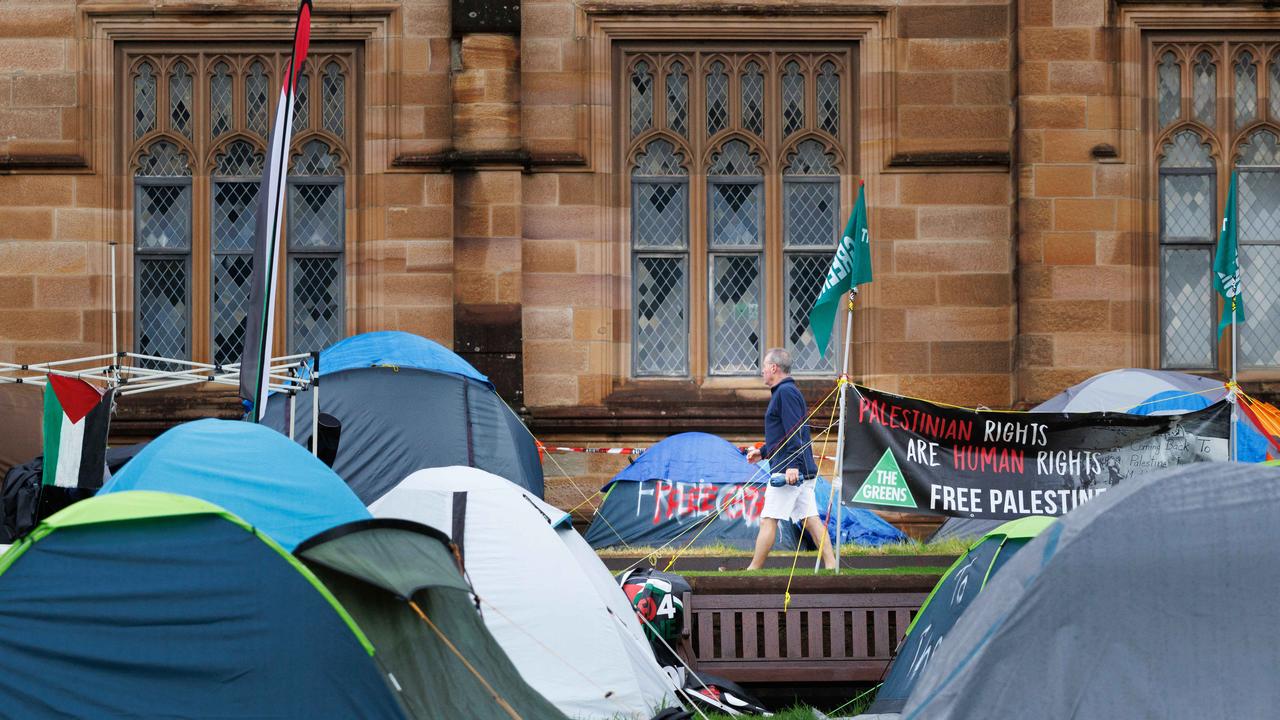
To join the conversation, please log in. Don't have an account? Register
Join the conversation, you are commenting as Logout